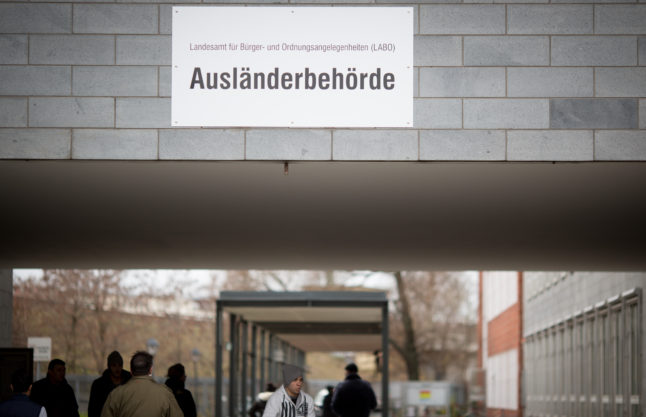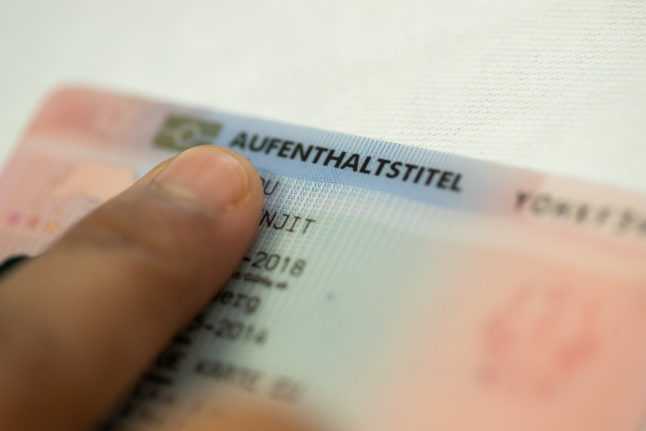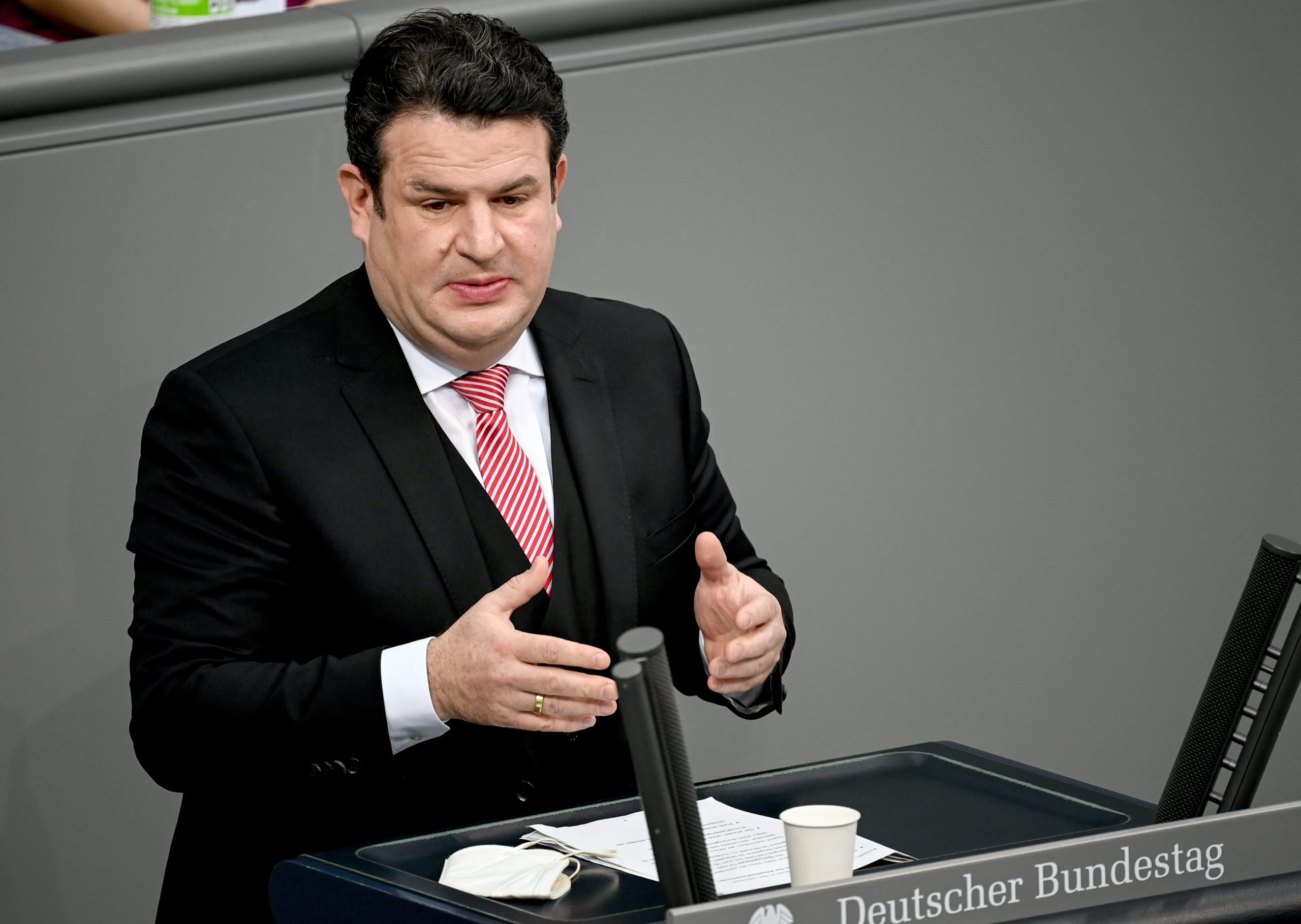Losing an important document can be a nightmare scenario for foreigners in Germany – especially if it’s the one you rely on to live and work in the country. So if you search for your residence permit one day and suddenly realise it’s missing, you may feel the urge to panic.
Luckily, there’s a process to follow to get a replacement and ensure nobody else can misuse your residence permit in the meantime. This being Germany, it may take a little time, but rest assured you will be able to replace the document.
Here’s what you need to know.
Different types of permit
If you’re a non-EU national in Germany, you’re likely to have one of two documents proving your rights and status in the country:
- a residence permit that’s placed on a page in your passport (Zusatzblatt zum Aufenthaltstitel), or
- an electronic ID, or eID, card (electronischer Aufenthaltstitel) for permanent residents.
Some third-country nationals who’ve been in Germany for less than five years on a visa will have their residence permit in their passport, while others will have been issued an eID card. Permanent residents will generally have an eID card.
READ ALSO: EXPLAINED: How German citizenship differs from permanent residency
Brits who lived in Germany before the Brexit cut-off date are likely to have a special type of electronic ID card known as an Aufenthaltstitel-GB. This looks pretty similar to a permanent residence card and basically signifies that the holder is entitled to the same rights as EU citizens living in Germany.
You’ll need to do things slightly differently depending on which type of residence permit you have, so we’ll cover each in turn.
In either case, if you suspect you’ve been a victim of theft, it’s a good idea to file a police report so they can be on the lookout for any potential fraud.
What to do you if you lose your electronic ID card
1. Call the cancellation hotline
If you’ve mislaid your eID card or it’s been stolen, the first thing to do is call up a national hotline on 01801 33 33 33 and put a block on the card.
To do this, you’ll need to have your Sperrkennwort (blocking passport) handy. The way you’ll have received this can differ from state to state, but usually it is sent out in a letter along with the PIN and PUK for your electronic ID card around the time that the eID was issued.
This will block anyone from using your eID function. If you find your card again, you can unblock it by visiting the Ausländerbehörde.
If you haven’t activated the eID function or happen to have mislaid your blocking password as well, then move straight to the second step below.
READ ALSO: What is Germany’s electronic ID card and how do you use it?
2. Get in touch with the Ausländerbehörde (Foreigner’s Office)
Once you’ve put a block on your card, you’ll need to get in touch with the Ausländerbehörde to let them know what’s happened and arrange a replacement card.
You can do this via email or telephone but may also have to book an in-person appointment if they need to see certain documents for issuing the replacement. If you need to block the eID function and don’t have your Sperrkennwort, you’ll need to take your passport to the Ausländerbehörde to do this.
Bear in mind that you won’t get your new ID card straight away. Depending on the state, it can take a up to three months to be issued. You’ll also need to pay a fee for the replacement card, which can vary from state to state and is normally paid with cash or EC card at the Ausländerbehörde.
Also, once an order for a new card has been sent off, you’ll no longer be able to reactivate your old card should you find it again.

What to do if you lose your passport and visa
1. Order a new passport
It probably goes without saying, but if you lose your passport with your residence permit in it, the first thing you’ll need to do is get hold of a new passport. This should be done via the government of your home country.
2. Book an appointment at the Ausländerbehörde
Once you’ve got your new passport, make an appointment at the Ausländerbehörde to get a replacement printed out. If you’re unsure what documentation to bring with you to the appointment, check on their website or send them an email beforehand.
Once again, you’ll need to pay a fee for the replacement, which is normally done on-site with cash or an EC card.
What if I’m travelling out of the country soon?
If you’re leaving Germany and don’t have time to get a replacement eID card or residence permit, contact the Ausländerbehörde straight away. They should be able to assist you with emergency proof of residence, which is normally done in the form of a Fiktionsbescheinigung (a certificate confirming your status and rights before the official proof has been issued).
Obviously, if you’ve lost your passport, your first port of call will be your home country’s embassy, who can normally issue emergency travel documents within a matter of days.
For Brits covered by the Withdrawal Agreement, bringing other proof of residence in Germany such as your registration (Anmeldung) with you or a work contract should suffice to avoid getting a stamp in your passport when you re-enter. But even if you do, it won’t affect your rights.
It’s also worth bearing in mind that there are no hard borders in Schengen, so if you’re travelling around the EU, you’ll generally be fine without your visa.
READ ALSO: Reader question: How can I re-enter Germany without my post-Brexit residence card?




 Please whitelist us to continue reading.
Please whitelist us to continue reading.
Member comments